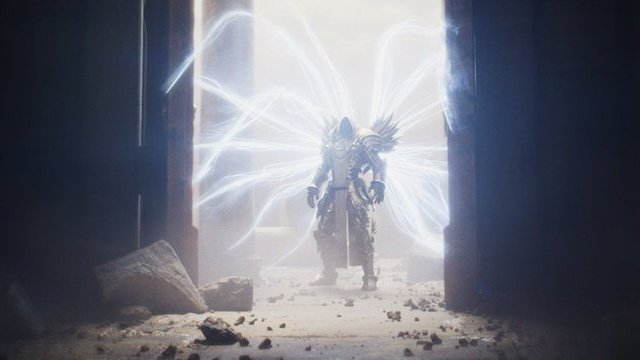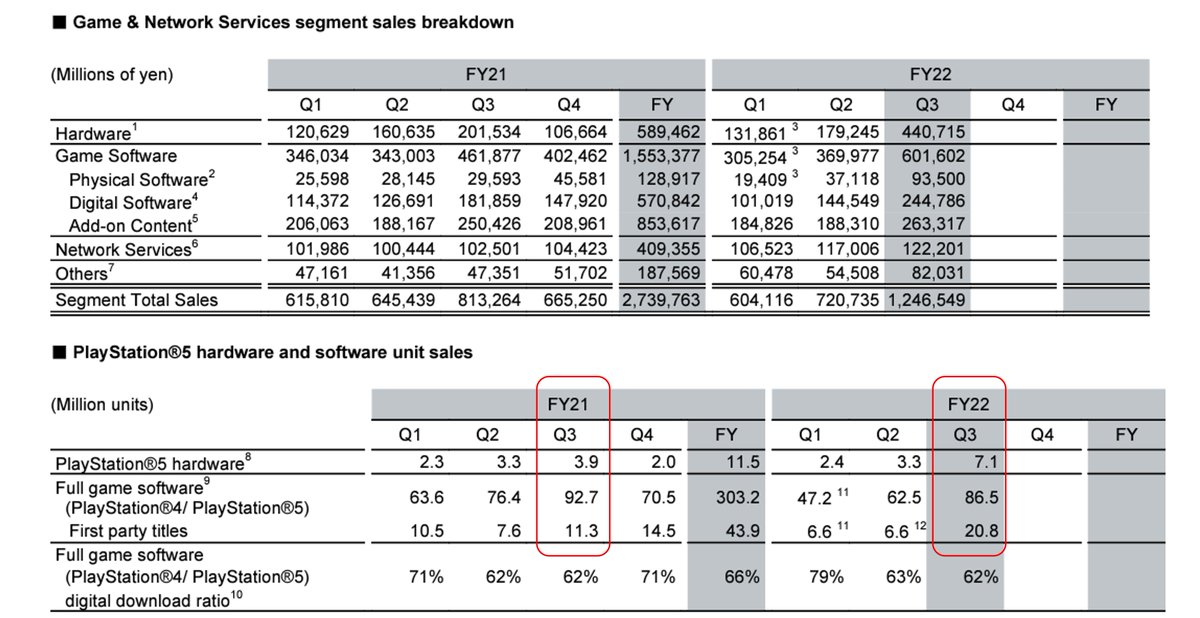Why do play-to-earn games work when real money trading in games has (mostly) not worked? 💸
What can @AxieInfinity @Diablo @EveOnline @CSGO learn from each other?
Thread 👇 proposing a framework for what makes play-to-earn work. Stay a while and listen =)
What can @AxieInfinity @Diablo @EveOnline @CSGO learn from each other?
Thread 👇 proposing a framework for what makes play-to-earn work. Stay a while and listen =)

1/ First, a few popular games where real money markets worked and didn't:
- Didn't work: Diablo 3, Artifact, Star Wars Battlefront II
- Worked: Counterstrike, World of Warcraft, Eve Online, Genshin Impact
- Didn't work: Diablo 3, Artifact, Star Wars Battlefront II
- Worked: Counterstrike, World of Warcraft, Eve Online, Genshin Impact
2/ Framework: play-to-earn / real money trading works when
- There are multiple paths to winning 🏅
- Inputs are tokenized rather than finished goods ⚒️
- Markets are decentralized 🧑🤝🧑
- There are multiple paths to winning 🏅
- Inputs are tokenized rather than finished goods ⚒️
- Markets are decentralized 🧑🤝🧑
3/ Lesson: design games with multiple viable paths to victory 🏅
Critics of play-to-earn often focus on the games being pay-to-win. Yet pay-to-win only becomes a problem when there is only 1 way to win
Critics of play-to-earn often focus on the games being pay-to-win. Yet pay-to-win only becomes a problem when there is only 1 way to win
4/ Diablo 3 is an infamous example of real money markets gone wrong. In D3, the core game loop is killing monsters for loot. While there is some PvP, the vast majority of players grind for loot as the only way they play the game 

5/ So when D3 introduced a real-money auction house for in-game items, it broke the game. Players found it easier to buy items off the auction house vs killing monsters. Many players churned after “winning” and Blizzard soon shut down the auction house 

6/ In @EveOnline or @Warcraft, there are multiple ways to play and “win” - you can fight other players, raid dungeons, or simply decorate your ship. As a result, though many players buy gold and items from others, it doesn’t break the game 

7/ In a play-to-earn game like @zed_run there are also multiple ways to play, for example:
- Jockey: race horses to increase their value
- Breeder: raise a stable of prize horses
- Manager: rent horses to other players
Creating many jobs-to-be-done is key to healthy play-to-earn
- Jockey: race horses to increase their value
- Breeder: raise a stable of prize horses
- Manager: rent horses to other players
Creating many jobs-to-be-done is key to healthy play-to-earn

8/ In a game with many jobs-to-be-done, there will be several distinct player pools. Good games can segment players and group them with like-minded folks. PvP games usually live or die by their ability to matchmake players of similar skill (and spend)
9/ Finally, don’t neglect “free” players. These are a game’s top of funnel and entertain the in-game spenders
In crypto games, top of funnel could be NFT-collectors or landowners. Make sure they have a great experience and a path to “win” as well - convert them to active play
In crypto games, top of funnel could be NFT-collectors or landowners. Make sure they have a great experience and a path to “win” as well - convert them to active play

10/ In @GenshinImpact, you can complete the game using entirely free characters and it’s a great experience. My favorite is Amber, a free pyro mage from the tutorial
Did it work? Genshin was the fastest game to gross >$1B revenue in just 6 months
Did it work? Genshin was the fastest game to gross >$1B revenue in just 6 months

11/ Lesson: focus on tokenizing inputs rather than finished goods ⚒️
While it’s tempting to make all powerful items NFTs and watch them trade for huge $ this hurts the game long-term. Rather design systems where finished goods need to be crafted rather than bought
While it’s tempting to make all powerful items NFTs and watch them trade for huge $ this hurts the game long-term. Rather design systems where finished goods need to be crafted rather than bought
12/ This has a few important effects: skill matters more - combat, crafting, and research into the metagame become essential skills to learn. Balanced well, a game can have skill-based play and pay-to-win loops coexist in harmony 🔥
13/ Take for example @CSGO - a high-skill player can consistently outplay opponents with vastly better guns. Likewise in @AxieInfinity, a high-skill player with the right strategy can defeat an opponent with better Axies 

14/ Tokenizing inputs also reinforces the development of multiple jobs-to-be-done. Breeding Axies is lucrative in part because SLP is an input. The more players there are in the game, the lower SLP prices are, and the higher ROI breeding becomes - a self-reinforcing cycle 

15/ Finally, it’s easier to balance the economy with tokenized inputs. In a true ownership model, players will naturally resist changes made to finished goods
Valve’s @PlayArtifact game failed in part due to difficulty rebalancing cards purchased with real money
Valve’s @PlayArtifact game failed in part due to difficulty rebalancing cards purchased with real money

16/ By changing the formula for inputs that go into finished goods, a game designer can balance the economy through a layer of abstraction. It’s similar to a central bank changing interest rates to control inflation vs directly setting prices 🏦
17/ Lesson: relinquish control to the community 🧑🤝🧑
Decentralized markets work better - let players self-organize, determine prices, and trade directly with one another
Decentralized markets work better - let players self-organize, determine prices, and trade directly with one another
18/ When developers try to maintain control over in-game marketplaces, it usually backfires. One of the most downvoted comments in @Reddit history is EA trying to justify the price of goods in Star Wars Battlefront 2 to an angry community 

19/ There’s a big difference between buying from a developer vs another player. When you pay the dev to unlock Luke Skywalker in Battlefront 2, it feels like a blatant cash grab. When you pay a player who has grinded 40 hours for that unlock, it feels like a fair trade 🤝 

20/ When control is truly handed to the community, amazing things happen. DAOs like @YieldGuild have built vibrant secondary marketplaces around renting in-game assets, empowering folks around the world to make more money as scholars than they did in their prior jobs
21/ Decentralization also leans into a core strength of crypto - the ability for ideas to flow from bottom-up vs top-down
@dhof's @lootproject is a great example of bottom-up innovation - the # and creativity of community projects being built around Loot is staggering
@dhof's @lootproject is a great example of bottom-up innovation - the # and creativity of community projects being built around Loot is staggering

Wrap/ I’m very bullish on crypto games and think we’re still in the early innings. Lots to figure out still but there's also much play-to-earn developers can learn from prior games as they combine the best of both worlds
Would love to chat if you're working in the space!
Would love to chat if you're working in the space!
• • •
Missing some Tweet in this thread? You can try to
force a refresh













